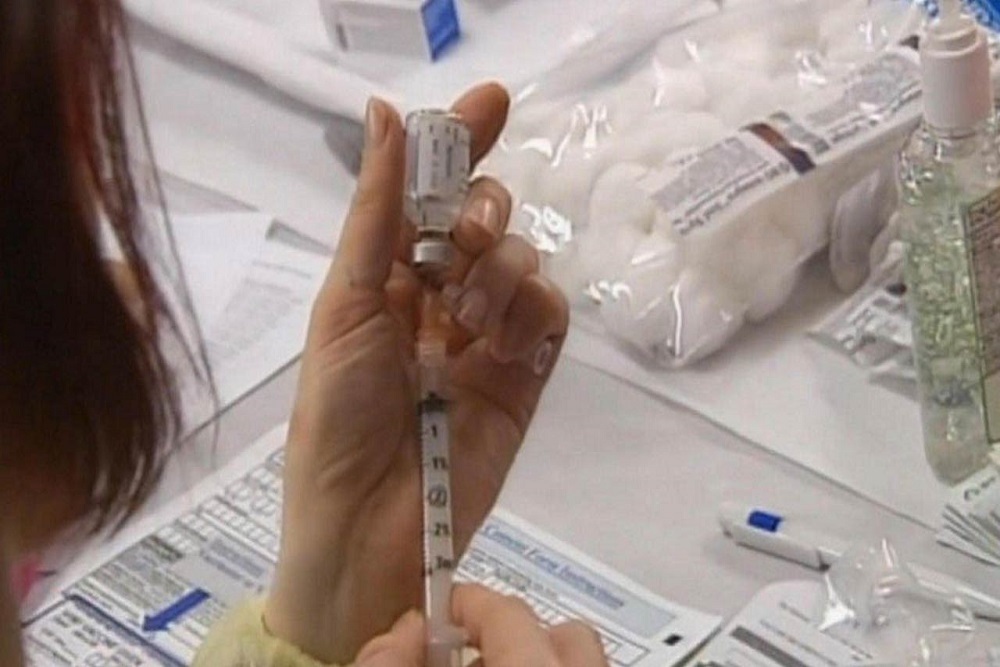Teva Pharmaceutical Industries Ltd. issued the following announcement on Feb. 9.
Teva Pharmaceutical Industries Ltd., announced the launch of generic version of Syprine®1 (trientine hydrochloride) capsules, 250 mg, in the U.S.
Trientine hydrochloride is used in the treatment of patients with Wilson’s disease who are intolerant of penicillamine.
Wilson’s disease is a genetic disease that prevents the body from removing extra copper. The body needs a small amount of copper from food to stay healthy, but over time, high copper levels can cause life-threatening organ damage. Wilson’s disease is a rare disorder that affects approximately 1 in 30,000 individuals.2
“The launch of trientine hydrochloride capsules illustrates Teva’s commitment to serving patient populations in need—whether it’s a medicine that could be taken by millions of individuals, or one focused on a rare condition disorder like Wilson’s disease,” said Brendan O’Grady, Executive Vice President and Head of North America Commercial at Teva.
“Trientine hydrochloride capsules were included on the FDA’s recent publication of a list of off-patent, off-exclusivity branded drugs without approved generics,” said Hafrun Fridriksdottir, Executive Vice President, Global R&D, Teva. “Teva filed our ANDA more than two years ago and we are pleased that the FDA has now approved our applications and we are able to offer a lower-cost generic alternative to patients. We look forward to working closely with the FDA on their review of our many other generic applications.”
With nearly 600 generic medicines available, Teva has the largest portfolio of FDA-approved generic products on the market and holds the leading position in first-to-file opportunities, with over 100 pending first-to-files in the U.S. Currently, one in seven generic prescriptions dispensed in the U.S. is filled with a Teva generic product.
Trientine hydrochloride had annual sales of approximately $155 million in the U.S. according to IMS data as of November 2017.
About Trientine Hydrochloride Capsules
Trientine hydrochloride capsules are indicated in the treatment of patients with Wilson's disease who are intolerant of penicillamine. Clinical experience with trientine hydrochloride is limited and alternate dosing regimens have not been well-characterized; all endpoints in determining an individual patient's dose have not been well defined. Trientine hydrochloride and penicillamine cannot be considered interchangeable. Trientine hydrochloride should be used when continued treatment with penicillamine is no longer possible because of intolerable or life endangering side effects.
Unlike penicillamine, trientine hydrochloride is not recommended in cystinuria or rheumatoid arthritis. The absence of a sulfhydryl moiety renders it incapable of binding cystine and, therefore, it is of no use in cystinuria. In 15 patients with rheumatoid arthritis, trientine hydrochloride was reported not to be effective in improving any clinical or biochemical parameter after 12 weeks of treatment. Trientine hydrochloride is not indicated for treatment of biliary cirrhosis.
Original source can be found here.









 Alerts Sign-up
Alerts Sign-up